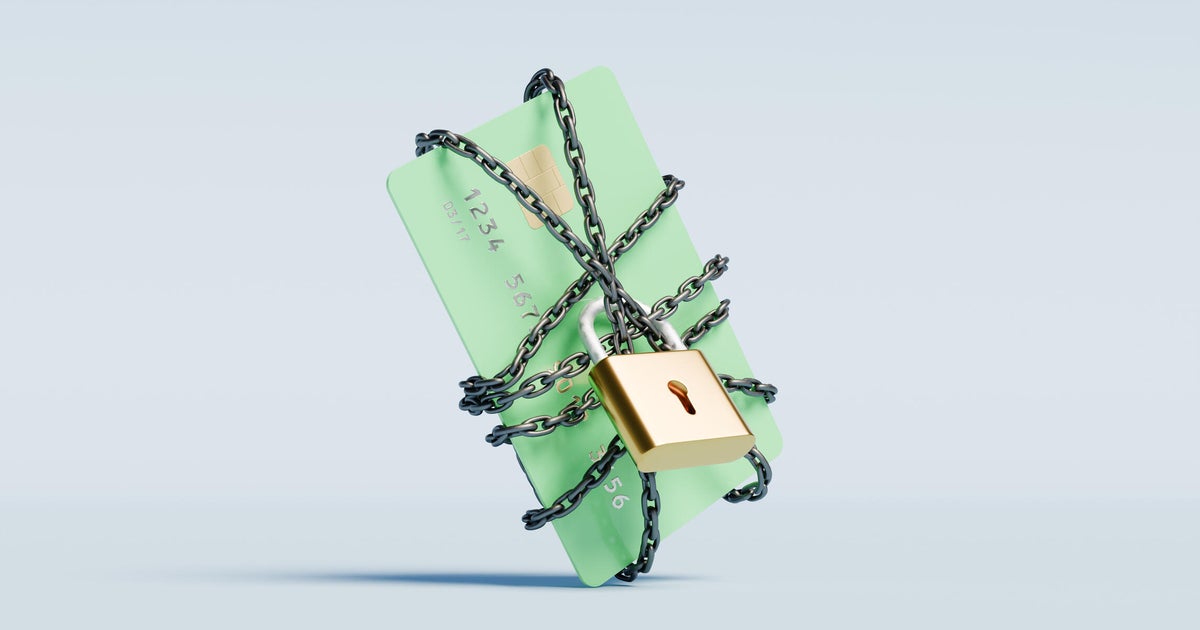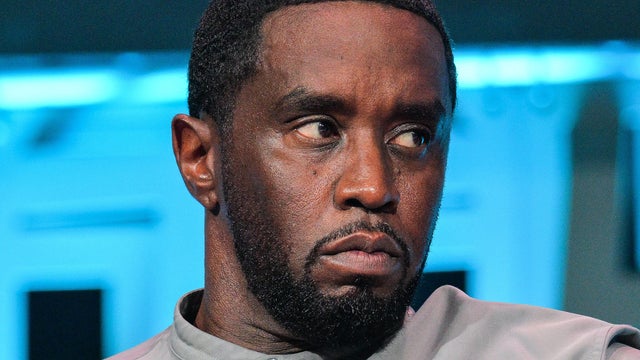

No response returned

With and many Americans living paycheck to paycheck, credit card payment problems have been creeping upward. For example, more people are struggling to keep up with their right now, and the percentage of cardholders is also climbing. When you miss payments for an extended period, though, the aren't the only issue you'll face. Your credit card accounts could also be closed by the issuer.
While a closed account might sound like a way to stop the bleeding, the truth is that it can cause , especially when the closure was due to non-payment. But while a closed credit card account can negatively impact your finances, the reality is that once an account is , dealing with the issue is not as simple as picking up where you left off.
So what exactly happens if you've missed multiple payments on your credit card and the issuer closes your account? Below, we'll examine what to expect in this situation — and what you can do to minimize the damage.
.
When you miss credit card payments, the consequences unfold in a predictable sequence that gets progressively more serious. You'll initially face late fees and penalty interest rates, but if you continue missing payments for 60 to 180 days, your card issuer will likely close your account and .
The account closure itself creates immediate problems. You lose access to that credit line, which can be particularly problematic if you rely on the card for emergencies or regular expenses. Any automatic payments tied to the closed card will, in turn, fail, potentially creating a domino effect of late fees and service interruptions with other accounts.
takes a significant hit from multiple angles, too. The missed payments that led to the closure will already have damaged your score, but the closure itself creates additional problems. When an account closes with a balance, , which is the amount of credit you're using compared to your total available credit, suddenly increases. If other cards remain open, you're now using a higher percentage of your available credit, which further harms your score.
And, the debt doesn't vanish when the card closes, either. The credit card company will either attempt to collect the debt internally or . You'll start receiving collection calls and letters, and the collection account may appear as a separate negative item on your credit report. In some cases, creditors to obtain a judgment against you.
A closed account on your credit report also signals risk to other lenders. If one of your credit cards was shut down due to non-payment, you may find that your other creditors suddenly reduce your credit limits or , even if you're current on those accounts. That's because lenders regularly review borrowers' credit profiles and make changes based on perceived risk.
You may also struggle to qualify for new credit cards, personal loans or even car financing in the short term. If you do get approved, expect less favorable terms, such as higher interest rates or secured credit lines. In some cases, you may need to rebuild your credit history with or credit-builder loans before you can qualify for traditional credit products again.
.
Once your account is closed, the most important thing is to address the debt. Ignoring it will only make the situation worse. Here are a few steps you can take:
Having your credit cards closed due to non-payment is a serious financial event but it's not the end of the road for your finances. While it can significantly damage your credit score and limit your borrowing options in the short term, it also presents an opportunity to take control of your debt and reset your financial habits. It's important to take action early, though — whether that means reaching out to your card company for help when you first struggle with payments or working systematically to rebuild your credit after a closure occurs. While the consequences are serious, they're not permanent, and with time and consistent effort, you can recover your financial standing.





